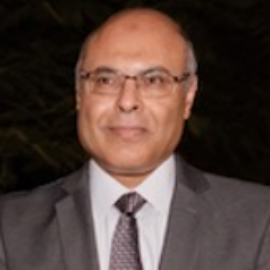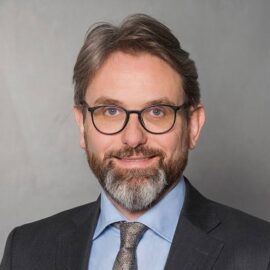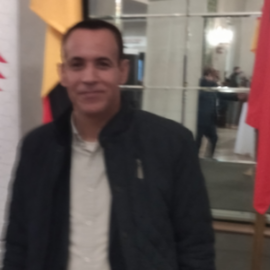Background
The H2 Markets (H2M) project is an innovative academic collaboration between The American University in Cairo, The British University in Egypt, Université Mohammed V in Rabat, and the University of Cologne. This initiative aims to revolutionize education in the renewable energy and hydrogen sectors by focusing on practical, market-ready solutions.
Our project emphasizes two key areas: studies in hydrogen (covering engineering and economics) and entrepreneurship skills. The goal is to equip students with a comprehensive skill set that merges technical knowledge with a market-oriented approach.
Key features of the H2-Markets project include:
- Development of new modules for master's study programs.
- A specialized three-month “H2-Markets Skills” certificate focusing on entrepreneurial training in the renewable energy market.
- International exchanges, including summer schools and internships, to foster South-South collaboration, particularly between Morocco and Egypt.
- Enhancement of internationalization and knowledge transfer in university management, including a hydrogen-focused network and internship platform.
By linking academic and industrial strategies, H2-Markets is dedicated to preparing a workforce adept in the entire green hydrogen production chain, from renewable energy development to global market analysis. Join us in shaping a sustainable future in renewable energy and hydrogen technology.




